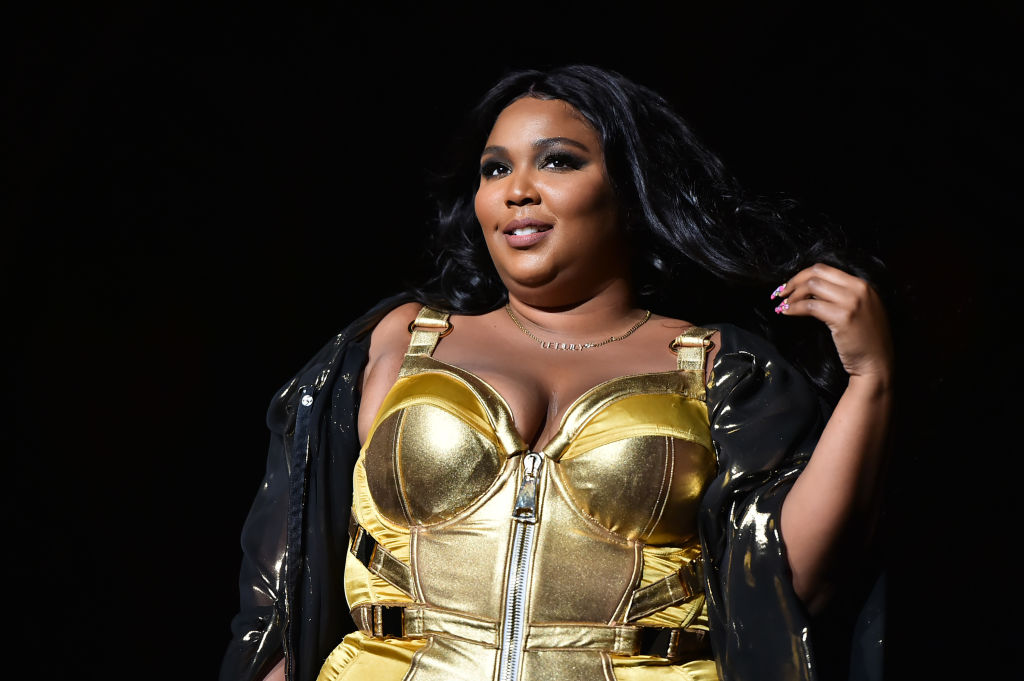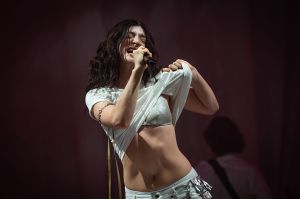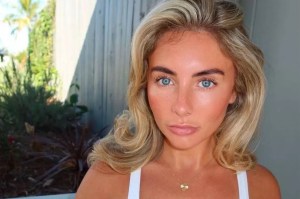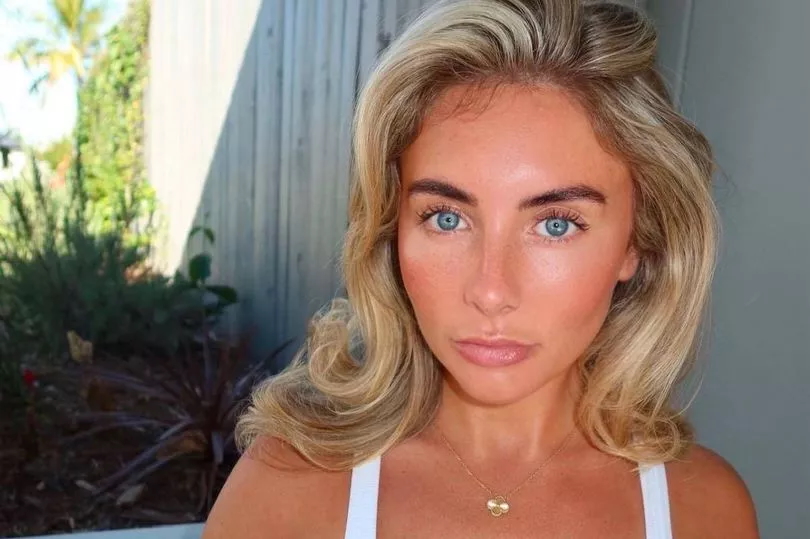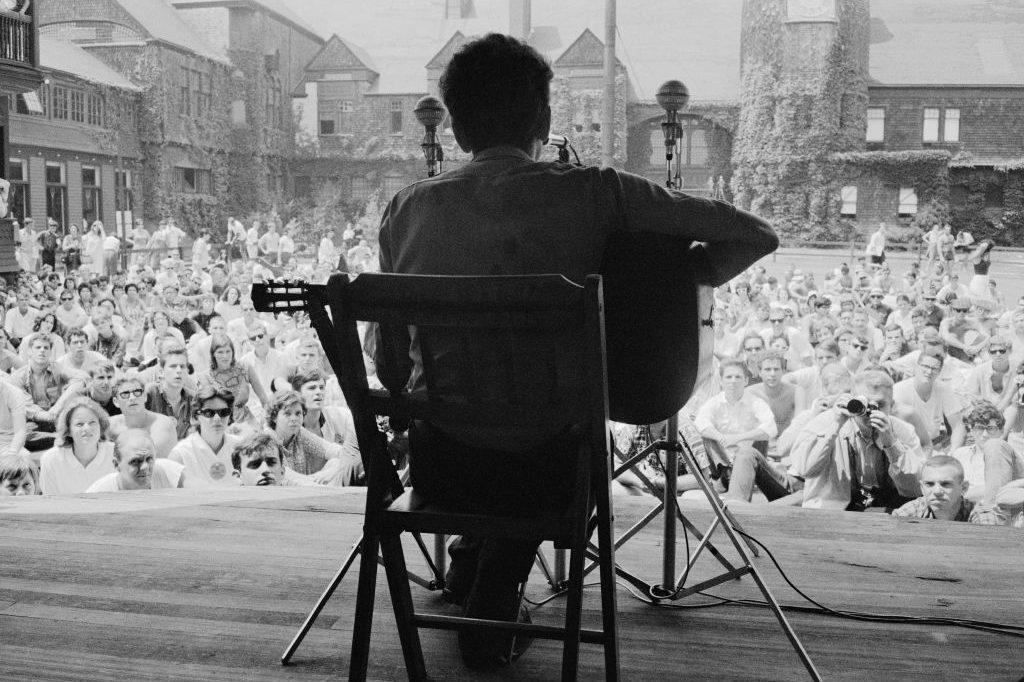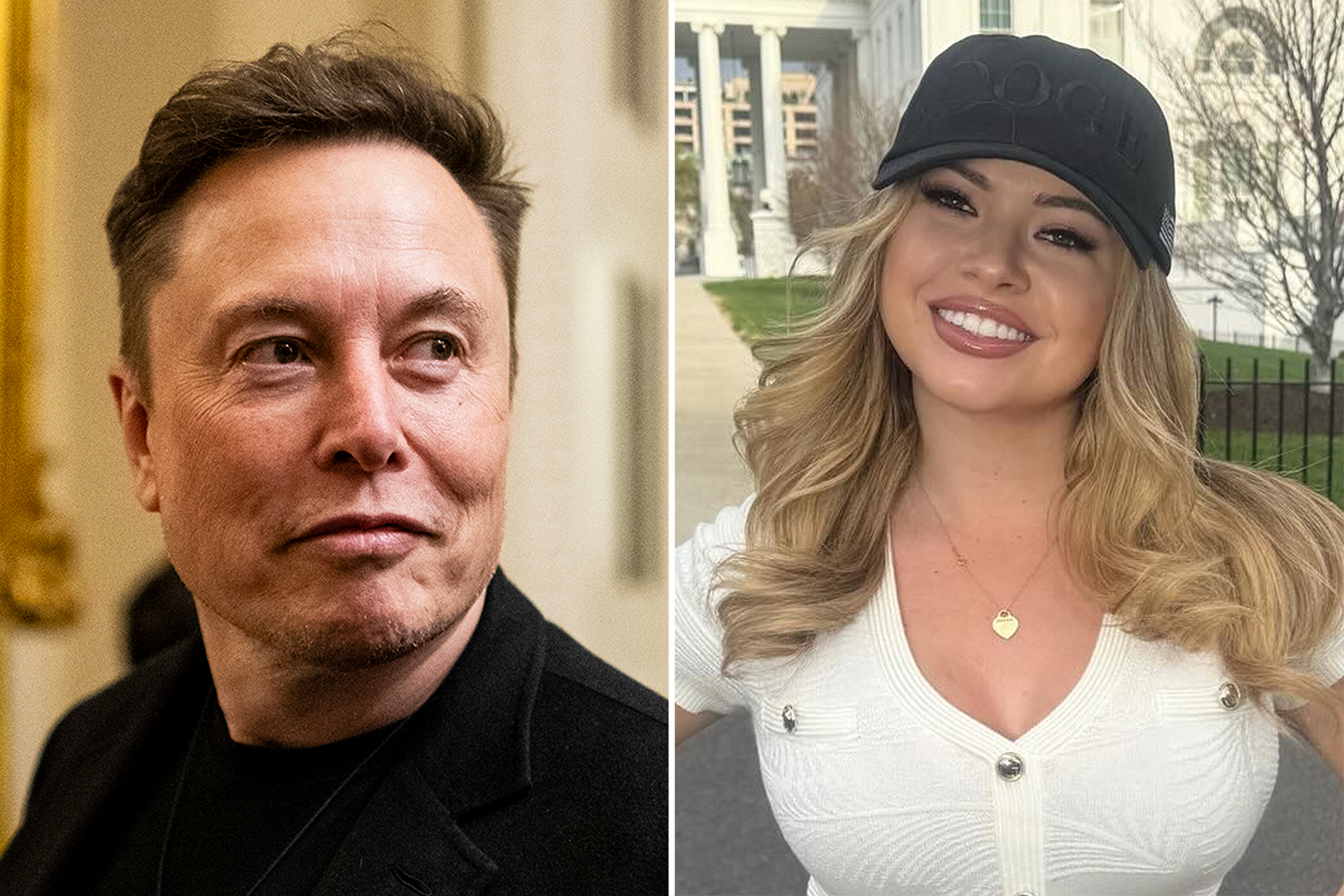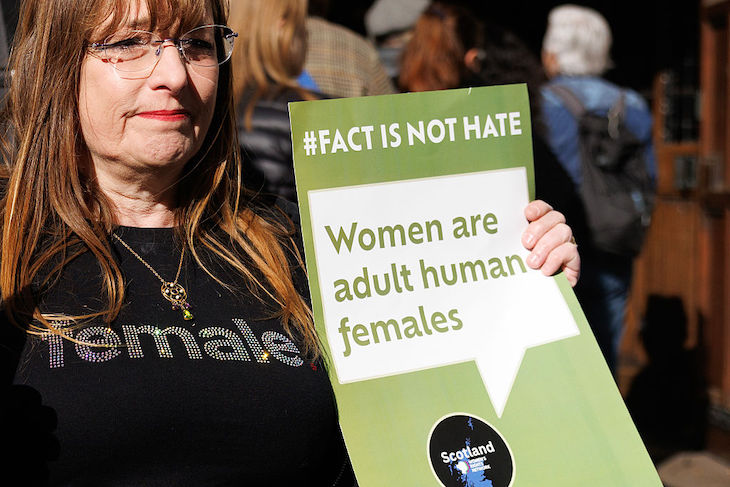Though I’m not the most avid fan of her oeuvre, I was cheered recently to see that Ellie Goulding wanted her new album to be less personal: “It was such a relief and really refreshing to not be sitting in the studio going through all the things that happened to me and affected me… it’s the least personal album, but I think it’s the best album because I got to just explore other things about myself. I just really, really enjoy writing; really enjoy being a singer.”
What a refreshing take on the creative process, which in modern times can often seem like a cross between a bulletin from the therapist’s couch and a ceaselessly-picked sore. Millennials can’t seem to get enough of spilling the tea, and that goes especially for their most successful singers. Lizzo’s latest single is called — look away now — “Special” and, my word, it’s every bit as wet as the title might suggest:
Woke up this mornin’ to somebody judgin’ me
Found out it in the end that I can only do it for me
You call it sensitive and I call it superpower
You just lack empathy ’cause you think it gives you power
You’re special
I’m so glad that you’re still with us
Broken, but damn, you’re still perfect
You’re special…
Identity politics — far from being recognizable as in any way left-wing — are what we teenage tankies used to call bourgeoise individualism
What made Lizzo so refreshing was that, as someone who had once lived in her car during years of rejection from the music business (partially because she doesn’t conform to the standard sexed-up video-vixen visuals), she sang universal anthems of non-specific resilience. So this recent imitation of a world-weary piñata is dismaying, to say the least. The current music scene is a symptom of how dull culture can be when it’s so relentlessly personal. Motown dared to call itself “the sound of young America” — try that in this atomized, nit-picking world.
Who are the most successful young singers around today? Ed Sheeran, of course, about whose depression, grief, anxiety, panic attacks, eating disorder, drug and alcohol addictions and crushing guilt over inflicting a long string of rubbish songs on an innocent world (OK, I made that last one up) I now know literally more about than I do the problems of my closest friends. But if Sheeran ever cheers up and decides to serve us songs of universal cheer, there’s always Lewis Capaldi standing by to give us a guided tour of his navel. In his recent Netflix documentary called, perfectly, How I’m Feeling Now he offers his anxiety, panic attacks and — stealing a march on Sheeran here — a shoulder twitch later diagnosed as a symptom of Tourette’s (Lady Gaga, Katy Perry, Billie Eilish and George Ezra have also treated us to similar travelogues of their various travails). But don’t worry, he’ll be swearing all the way to the bank as his most recent tour will see forty-eight shows played in eleven countries — even though he says “it’s a very real possibility” that he may well quit the singing racket quite soon. Apparently he has imposter syndrome — not in all parts of his life, interestingly, as “it’s only making music that does this to me.” Might that be because his music is so dreadful?
Even if Capaldi takes an early bath, we’ll be able to grimace and bear it with Adele’s weapons-grade confessionals — Mutually Assured Depression! Apparently her divorce left her “devastated and embarrassed” leading to “an intense few weeks of bed-bound anxiety” before she poured it all into her work — spillage alert — and bounced back with the mega-selling album Thirty in 2021. Extraordinarily, this album featured the voice of her nine-year-old son in a song called “My Little Love” as Adele explains her choice to divorce his father (totally understandable, considering the level of males she can now access) in the following words:
Mummy’s been having a lot of big feelings recently… like, um, I feel a bit confused
And I feel like I don’t really know what I’m doing
I wanted you to have everything I never had
I’m so sorry if what I’ve done makes you feel sad
I love your dad ’cause he gave you to me
You’re half me and you’re half daddy
Mama’s got a lot to learn
I’m having a bad day, I’m having a very anxious day
I feel very paranoid, I feel very stressed
I have a hangover, which never helps… I just wanna watch TV and curl up in a ball
Be in my sweats and stuff like that, I just feel really lonely
I feel a bit frightened that I might feel like this a lot…
There’s the ick — and then there’s the super-ick. Of course, oversharing by singer-songwriters is nothing new — it’s the default state of white crooners, and it’s been this way since that supreme decade of letting it all hang out, the 1960s, when Bob Dylan went from bigging up the civil rights movement to doing down his girlfriends. One of the things which pulled me towards black music as a youngster was the acknowledgement by Motown, Philly and disco that the best singers weren’t generally the best songwriters, with the rare exception of geniuses like Stevie Wonder. Actors don’t write their own words and dancers don’t choreograph their movements; the cult of personal pop has given us good songwriters who make rotten singers, such as Elvis Costello, Mick Hucknall and Bono, of whom Prince (good at both) said, “If I had a voice like that, I’d be a janitor.”
But it’s not just the professionally self-exploring who have ensured that the personal has consumed the political. We see it in the growing tyranny of feelings over facts and of “my truth” over the truth. Identity politics — far from being recognizable as in any way left-wing — are what we teenage tankies used to call bourgeoise individualism; as the Communist Party of Britain recently put it so well, “Gender-identity ideology is well-suited to the needs of the capitalist class, focusing as it does on individual as opposed to collective rights.”
It’s spread to journalism too. Confessional columns seriously began in 1997, when the journalist Ruth Picardie died at thirty-three from breast cancer after writing about her experience in the Observer; even those who don’t find illness fascinating couldn’t deny the power of Picardie’s stoic recording of this most momentous life-event. But since then, there’s been a huge growth — I can’t call it “development” as that implies maturing — of personal columns, many of them made up of middle-aged women gushing about “dating” in a way that wouldn’t look out of place in the teenage magazines of my youth. And the more they do it, the more other female hacks are expected to follow their pathetic path; one of the most awful yet hilarious things which drove Hadley Freeman from the Guardian was when she asked them what she was supposed to write about as they always stopped her from writing about politics or feminism — and it was suggested that she write about her children. I blame Nora Ephron. Her writer mother told her that “everything is copy” and she turned the sow’s ear of her husband copping off with Jim Callaghan’s daughter into the spiteful silk purse of Heartburn. But Nora Ephron was a writer of great skill — the opposite of the peri-menopausal mush-peddlers of today. No wonder the papers carry fewer stories about first-person celebrity heartbreak than they used to; we hacks have cut out the middle man.
Excellence elevates the personal — it’s why Amy Winehouse’s work was so very different from Adele’s
I know by now that some of you may be thinking “pot, kettle, hack” so let’s address the elephant in the room: me. It’s no secret that I find myself ceaselessly fascinating but then — and there’s no point in false modesty — I have the skill to make personal revelations rather powerful; I’m thinking about the Amsterdam diary in this magazine in which I was merciless about my binge-drinking or the Sunday Times of London piece about my son’s suicide and my shortcomings as a mother. Excellence elevates the personal — it’s why Amy Winehouse’s work was so very different from Adele’s. Yet among all this fake candor, really interesting personal stories go untold, with embarrassed hacks protected by weak editors.
If you can’t make your story interesting to anyone other than your immediate circle of friends, best not to show it to the world, thus adding to its wimpiness. Indeed, I’d go so far as to say being tough-minded is a prerequisite of good confessional journalism — that “splinter of ice in the heart” that Graham Greene referred to — as without it, the cultural landscape is swamped by emotional incontinence. But the pursuit of the personal doesn’t seem to be going anywhere — look at the recently embarrassing attacks by Labour on the prime minister rather than on his party. “The personal is political” was a feminist cry of the 1960s — but it’s nowhere near as interesting as politics. Mostly, the personal is just boring.
This article was originally published on Spectator Life.



